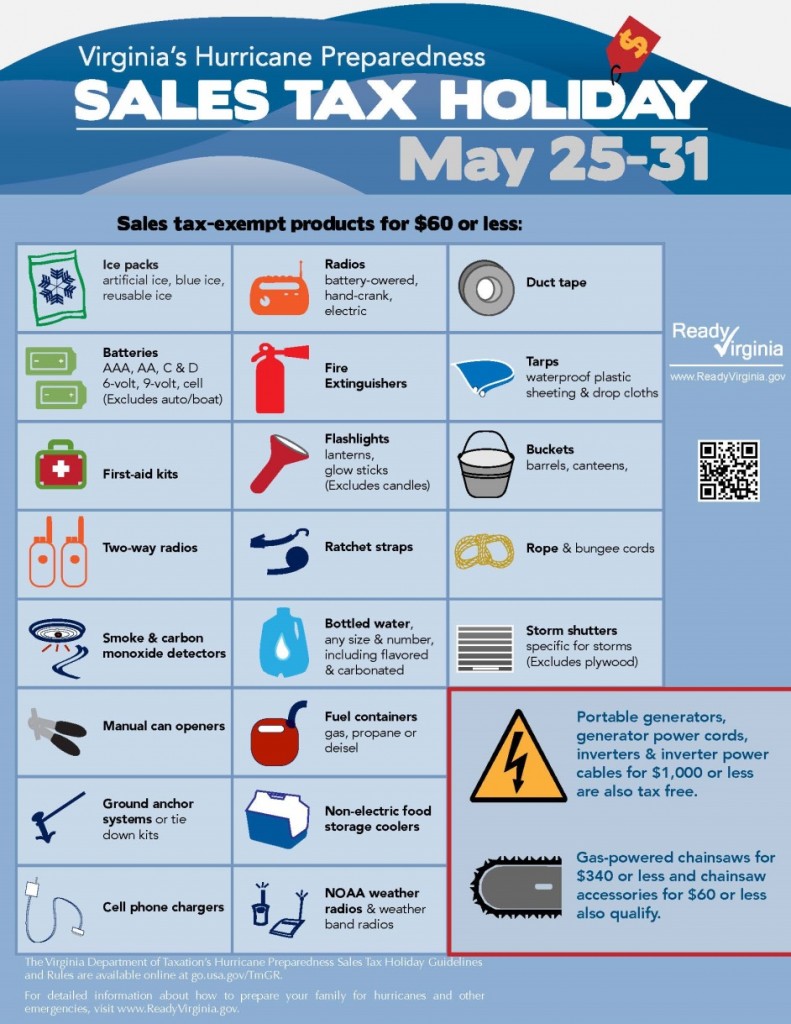It looks like we are finally in for our first major snow storm of the winter this weekend. There are many things you can do in advance to prepare besides digging your snow shovel and snow brush out of the back corner of your basement. Please take a few minutes and read through FEMA’s guide on How to Prepare For a Winter Storm. Also, make sure you are signed up with NOVA Alert so you get a text message if the College closes or has a delayed opening/early closing. Finally, take a look through OEM’s Closing Information web page for a refresher on the College’s closing procedures as well as the media outlets that will broadcast our closing/delay status.
Category Archives: Inclement Weather
Severe Weather Readiness for January 22-23
The College is monitoring the potential impact from the predicated severe weather for this Friday and Saturday. There is the possibility for heavy snowfall creating treacherous driving conditions, as well as power outages.
If the College’s normal operating status changes, a text alert will be sent to cell phones registered with NOVA Alert, a notice will be posted on the home page of the College’s website http://www.nvcc.edu/, and major local media outlets will broadcast closing or delay information.
For more details on the College’s inclement weather procedures as well as a listing of the media outlets that will carry the College’s closing and delay information, please go to the Office of Emergency Management’s website: https://www.nvcc.edu/emergency/closing/index.html. As a reminder, we ask that you do not contact Police Dispatch for closing updates.
The College urges you to consider the following ways to prepare for the potential impact of this severe weather:
- Stay informed: monitor local media and weather reports for instructions and up-to-date information;
- View winter driving tips: http://www.youtube.com/watch/?v=v8Z9nelruyQ and visit http://www.virginiadot.org/programs/faq-winterdrive.asp
- Make sure your family has a plan and is prepared. Visit the following website at http://www.vaemergency.gov/ReadyVirginia for more information on how to plan and respond.
- Know the road conditions before you travel. Allow additional travel time.
Inclement Weather Procedures
Despite the fact that this December has been mild, the Office of Emergency Management would like to remind faculty, staff, and students of the College’s inclement weather procedures. If the College is going to be closed, a text alert will be sent to cell phones registered with NOVA Alert, a notice will be posted on the home page of the College’s website, and major local media outlets will broadcast the closing information. If the College closes early due to inclement weather, an email will be sent out to all faculty, staff, and students with the closing time.
In the Fall of 2013, the College adopted a new closing procedure for faculty and staff. If the College closes early due to inclement weather, faculty, staff, and students will be provided with specific times they can leave. This will help to ensure a safe and orderly departure from building and campuses. An example of a message you may see is as follows:
NOVA classes and activities will end for students at X:XX p.m. due to inclement weather. Faculty and administrative offices will close at X:XX p.m.
For more details on the College’s inclement weather procedures as well as a listing of the media outlets that will carry the College’s closing and delay information, please go to the Office of Emergency Management’s website. As a reminder, we ask that you do not contact Police Dispatch or the Office of Emergency Management for closing updates.
Heat Stroke Awareness
Summer is a fun time of the year. It’s prime time to head to the beach, ride roller coasters, and enjoy the outdoors. However, with summer comes heat – which can be dangerous if not protected against.
What is Heat Stroke?
Heat Stroke occurs when the body can no longer manage excess heat. The body actually begins to trap the excess heat instead of releasing it. When this happens, the body begins to show some tell-tale signs:
- Hot, dry skin due to a lack of sweat
- Body temperature greater than 105°
 Confusion, dizziness, or nausea
Confusion, dizziness, or nausea
How Can I Prevent Heat Stroke?
Heat exhaustion itself is usually characterized by heavy sweating and weakness. If preventive actions are not taken, the body can progress quickly into the final stage of heat exhaustion – heat stroke. It isn’t always easy to notice this progression until it already occurs.
The easiest way to prevent heat stroke and other heat-related emergencies is to keep yourself and others cool and hydrated. Wear clothes that are lightweight and breathable. If you know you’re going to be outside on a hot day, drink plenty of water before and during the activity. Take frequent breaks because even casual activities can become overwhelming. Don’t forget to lather on sunscreen and reapply it frequently as your fun day in the sun progresses.
What Should I Do If I Witness Heat Stroke?
The first thing you should do is call 9-1-1 and then attempt to cool the person down. Remove them from the heat and use shade or air conditioning to your advantage. Remove excess clothing and put a wet towel on them. Be ready to give an account of what happened to first responders when they arrive.
For more information on Heat Emergencies, visit http://www.vdh.virginia.gov/OEP/ExtremeHeat/.
Virginia’s Hurricane Preparedness Sales Tax Holiday is May 25-31
It is smart to start preparing early for hurricane and flash flooding season which arrives June 1st. It is even smarter to save money while getting prepared.
You can do both by shopping for such products as batteries, food storage containers, generators, first aid kits, bottled water, radios, and more between May 25th and 31st during Virginia’s annual Hurricane Preparedness Sales Tax Holiday. When you do, you will not pay sales tax on many useful products that cost up to $60 or on generators costing $1,000 or less. See the chart below for more information.

New for 2015! Gas-powered chainsaws that cost $350 or less and chainsaw accessories that cost $60 or less are tax free. A complete list of exempt items is available at http://www.tax.virginia.gov/content/hurricane-preparedness-equipment-holiday.
Purchasing supplies is important, but it is critical to make a family emergency plan. Protect your family now by visiting http://www.vaemergency.gov/readyvirginia/makeaplan.
